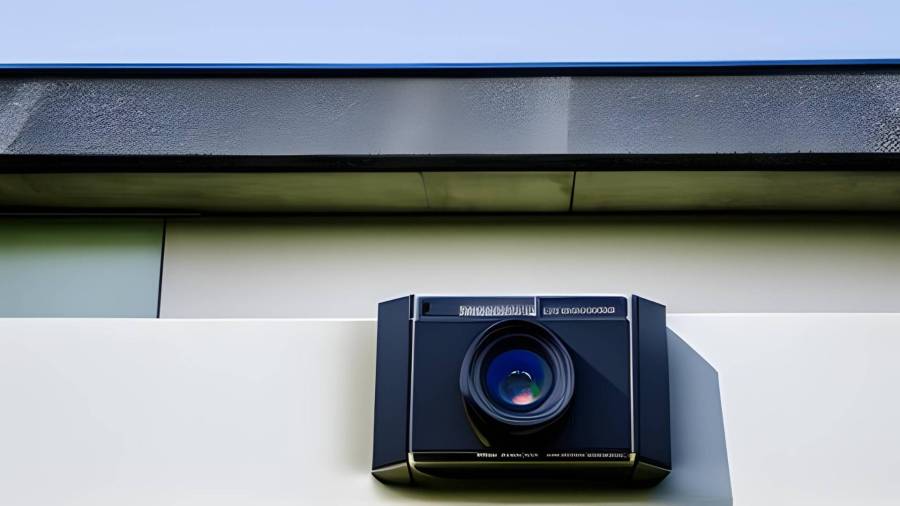The Transportation Security Administration (TSA) is currently testing facial recognition technology at various airports across the US. The primary goal of this pilot project is to enhance security measures and streamline the process of identity verification for passengers.
As part of the pilot program, TSA is implementing facial recognition technology in 25 airports across the US and Puerto Rico. The move comes as Homeland Security divisions face increasing pressure from lawmakers to update their technology and cybersecurity systems.
TSA Administrator David Pekoske believes that the new system offers several advantages, including improved security and efficiency. The technology allows for image capture in a matter of seconds, potentially saving time during the security screening process. Pekoske also claims that the facial recognition system is more accurate than human assessment alone, bringing the accuracy level close to 100%.
In participating airports, such as Atlanta’s Hartsfield-Jackson International Airport, the new system uses facial recognition cameras to compare passengers’ faces with the photos on their IDs. When a match is not found, TSA officers are alerted for further review.
Since its initial rollout in 2020, the facial recognition program has been implemented in more than two dozen airports nationwide. TSA plans to expand the technology, which is currently voluntary for passengers, to at least three more airports by the end of the year.
Not everyone is enthusiastic about the implementation of facial recognition technology in airports. Five US senators have sent a letter to the TSA demanding that the program be halted, expressing concerns about potential privacy issues and the use of biometric data.
Privacy advocates are particularly concerned about the lack of regulations surrounding facial recognition technology and its potential inaccuracies when identifying people of color. Although most images captured by the system are deleted after use, some data is encrypted and retained for up to 24 months to review the technology’s performance.
Addressing the privacy concerns, TSA Administrator Pekoske states that he shares the senators’ desire to protect passengers’ privacy while maintaining security. He emphasizes the importance of deploying accurate technology that does not disadvantage any specific demographic.
The facial recognition pilot program is just one example of the growing trend towards “touchless” technology in airports. Retired TSA official Keith Jeffries envisions a “checkpoint of the future” where passengers can use their faces to check bags, pass through security, and board planes, with little to no need for physical identification documents.
While the use of biometrics in security systems is becoming increasingly prevalent, privacy concerns and trust issues with the federal government remain. Despite these concerns, it is clear that technology will continue to play a significant role in airport security.
In conclusion, the TSA’s facial recognition technology pilot program aims to enhance security and streamline passenger processing at airports. While the technology offers numerous benefits, skepticism and privacy concerns persist. As the program continues to expand, it remains to be seen how these concerns will be addressed to ensure a balance between security and privacy for all travelers.
First reported by: CBS News


















